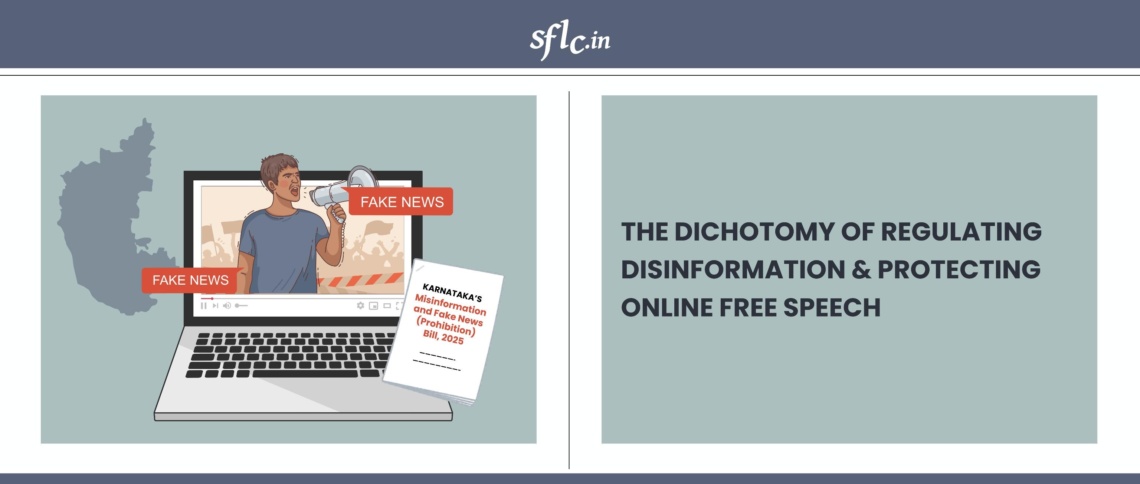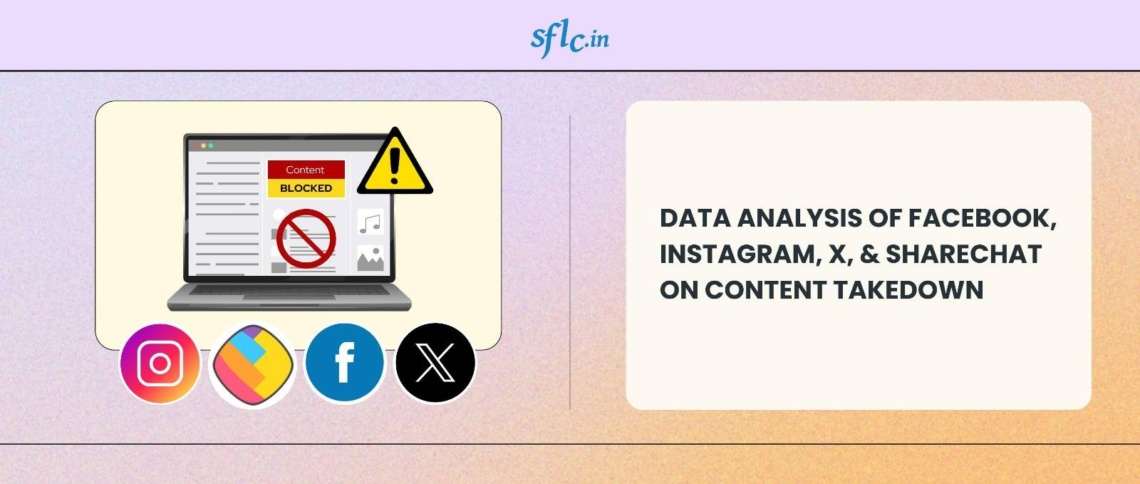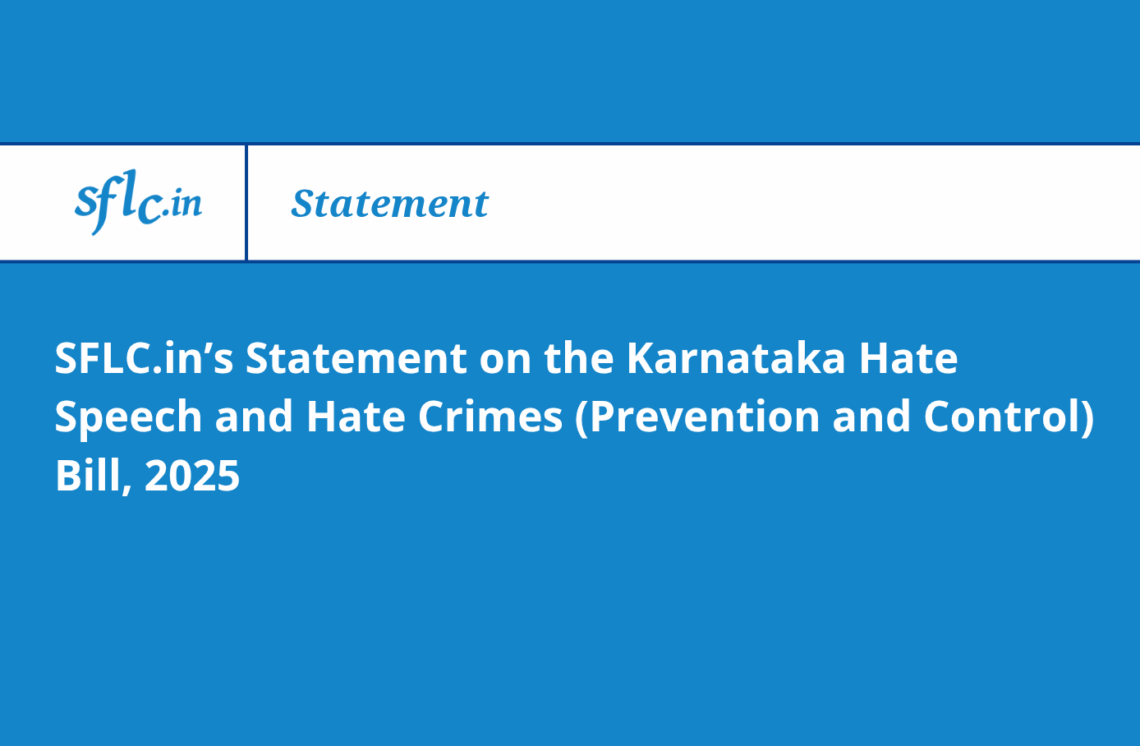The Telecom Regulatory Authority of India released a consultation paper on the Regulation Mechanism for Over-The-Top (OTT) Communication Services, and the Selective Banning of OTT Services in July, 2023. The paper was released with the view that a fresh consultation process is needed to frame new and suitable guidelines for OTT regulation in the country. SFLC.in submitted its comments for the Consultation which are attached below.
Currently, OTT Services are regulated under the Information Technology Act, 2000 and subsequent rules that have been notified, and the TSPs are governed by numerous laws such as the Indian Telegraph Act, 1885, the Wireless Telegraphy Act, 1933, and the Telecom Regulatory Authority of India Act, 1997. The TRAI, which has been releasing public consultation papers and requesting comments since 2015, does not regulate OTT Services in India. The rationale behind TRAI’s role in drafting a regulation is on the basis that the services provided by TSPs and OTTs are quite similar i.e. communication in written or oral form, therefore they should be guided by similar rules. By internationally recognised definition, OTT services are the services provided over the internet, as opposed to traditional telecommunication channels. However, there is one stark difference between both, the TSPs are licensed service providers and OTTs provide their services over already–accessed services of TSPs. Because of this, We believe that the services provided by TSPs and OTT platforms should be subject to different privacy and security standards. A large part of a sustainable digital economy is based on trust that essentially comes from privacy and encryption. SFLC.in believes that the goal has to be to revisit and review the surveillance and interception provisions to ensure the right to free speech and expression. If a country requires weakening of encryption or any form of backdoors, then the encryption and security products originating from or taking place in that country cannot be trusted for undertaking any task that involves personal data. We at SFLC oppose any kind of licensing that requires breaking encryption or provides sweeping power of interception to the government. The TSP is an oligopoly, working on limited resources, i.e. spectrum and OTT is polygopily, which is using the services provided by the TSPs to flourish. It becomes evidently clear that TSPs are essential for the existence of OTT and there is no scope for competition between both. With the IT Act and subsequent rules already governing OTT Services, along with the incoming Data Protection Bill, 2023,the TRAI Regulations become an impediment to OTT Services. TRAI does not have the requisite power to regulate or make recommendations to the DoT regarding OTT service providers, their regulations, including Internet shutdowns, selective banning of OTT apps. Selective bans are to be under the purview of separate laws and under separate ministries such as MeitY and MIB. If an action is required which is beyond the scope of what is permissible under the IT Act, then a new law is needed for this purpose.




